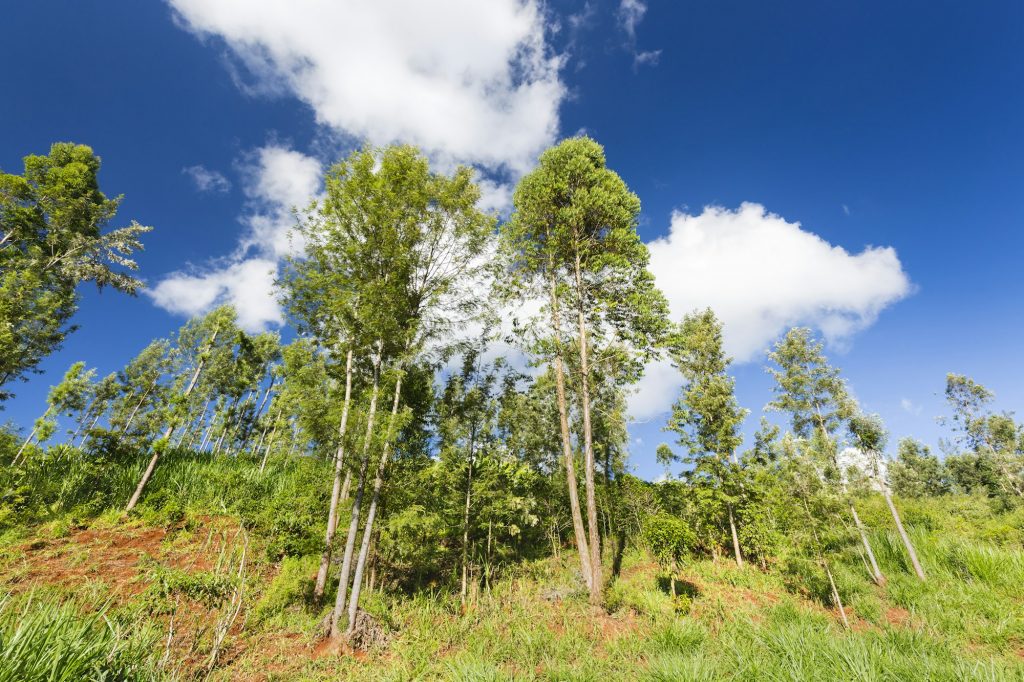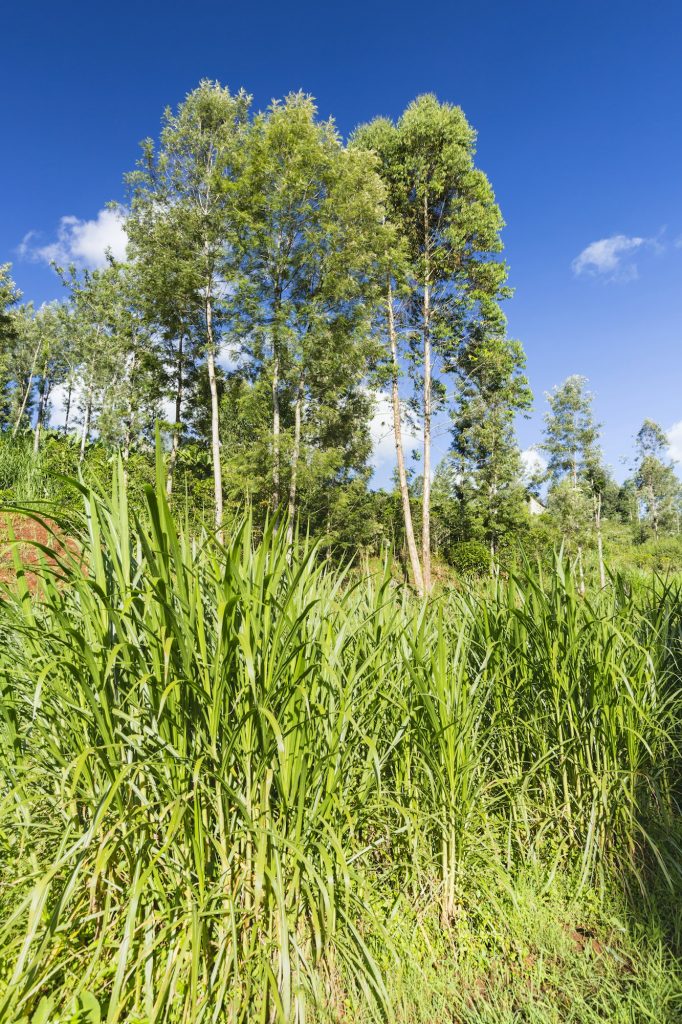Semarak Renewable Energy Sdn. Bhd.

Semarak Renewable Energy Sdn. Bhd.



The company is also making waves in the renewable energy sector with its latest venture into Napier grass cultivation. This move signifies the company’s commitment to exploring diverse sources of clean energy while promoting sustainable practices in agriculture.
Napier grass, also known as elephant grass, is a fast-growing perennial grass species native to Africa but widely cultivated in tropical and subtropical regions worldwide. It has gained attention as a promising feedstock for bioenergy production due to its rapid growth rate, high biomass yield, and versatile applications.
The decision to invest in Napier grass cultivation reflects its forward-thinking approach to energy diversification and environmental stewardship. By harnessing the potential of this resilient grass species, the company aims to expand its renewable energy portfolio while reducing dependence on traditional fossil fuels.
Napier grass offers several advantages as a bioenergy feedstock. Its robust growth characteristics make it well-suited for large-scale cultivation, requiring minimal input in terms of water, fertilizer, and pesticides. Additionally, Napier grass can thrive in a variety of soil types and climate conditions, making it a versatile and adaptable crop for energy production.
Moreover, Napier grass exhibits excellent energy conversion efficiency, with high cellulose and lignin content that can be readily converted into biofuels such as biogas, bioethanol, and biochar. These bioenergy products offer renewable alternatives to conventional fossil fuels, helping to mitigate greenhouse gas emissions and combat climate change.
This venture is not only beneficial for energy production but also for rural development and job creation. By engaging local farmers in Napier grass cultivation, the company fosters economic opportunities in rural communities, empowering farmers with additional sources of income and livelihood stability.
Furthermore, Napier grass cultivation promotes soil health and biodiversity conservation, acting as a natural erosion control measure and providing habitat for various wildlife species. This aligns with Semarak Renewable Energy’s broader commitment to environmental sustainability and responsible land management practices.
We envision a future where Napier grass plays a pivotal role in Malaysia’s transition to a low-carbon economy. By integrating Napier grass into its renewable energy projects, the company demonstrates its dedication to innovation, sustainability, and making a positive impact on society and the environment.
Our energy’s foray into Napier grass cultivation represents a significant step towards achieving energy security, environmental conservation, and socioeconomic development. With its expertise in renewable energy and commitment to sustainability, the company is poised to lead the way in harnessing the potential of Napier grass as a clean and renewable energy source for the future.
The company is also making waves in the renewable energy sector with its latest venture into Napier grass cultivation. This move signifies the company’s commitment to exploring diverse sources of clean energy while promoting sustainable practices in agriculture.
Napier grass, also known as elephant grass, is a fast-growing perennial grass species native to Africa but widely cultivated in tropical and subtropical regions worldwide. It has gained attention as a promising feedstock for bioenergy production due to its rapid growth rate, high biomass yield, and versatile applications.
The decision to invest in Napier grass cultivation reflects its forward-thinking approach to energy diversification and environmental stewardship. By harnessing the potential of this resilient grass species, the company aims to expand its renewable energy portfolio while reducing dependence on traditional fossil fuels.
Napier grass offers several advantages as a bioenergy feedstock. Its robust growth characteristics make it well-suited for large-scale cultivation, requiring minimal input in terms of water, fertilizer, and pesticides. Additionally, Napier grass can thrive in a variety of soil types and climate conditions, making it a versatile and adaptable crop for energy production.
Moreover, Napier grass exhibits excellent energy conversion efficiency, with high cellulose and lignin content that can be readily converted into biofuels such as biogas, bioethanol, and biochar. These bioenergy products offer renewable alternatives to conventional fossil fuels, helping to mitigate greenhouse gas emissions and combat climate change.
This venture is not only beneficial for energy production but also for rural development and job creation. By engaging local farmers in Napier grass cultivation, the company fosters economic opportunities in rural communities, empowering farmers with additional sources of income and livelihood stability.
Furthermore, Napier grass cultivation promotes soil health and biodiversity conservation, acting as a natural erosion control measure and providing habitat for various wildlife species. This aligns with Semarak Renewable Energy’s broader commitment to environmental sustainability and responsible land management practices.
We envision a future where Napier grass plays a pivotal role in Malaysia’s transition to a low-carbon economy. By integrating Napier grass into its renewable energy projects, the company demonstrates its dedication to innovation, sustainability, and making a positive impact on society and the environment.
Our energy’s foray into Napier grass cultivation represents a significant step towards achieving energy security, environmental conservation, and socioeconomic development. With its expertise in renewable energy and commitment to sustainability, the company is poised to lead the way in harnessing the potential of Napier grass as a clean and renewable energy source for the future.